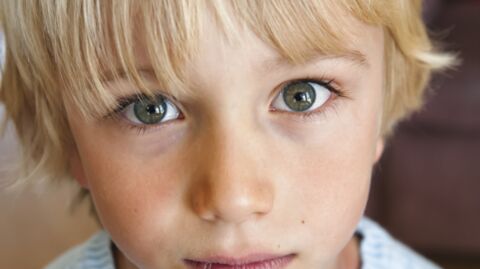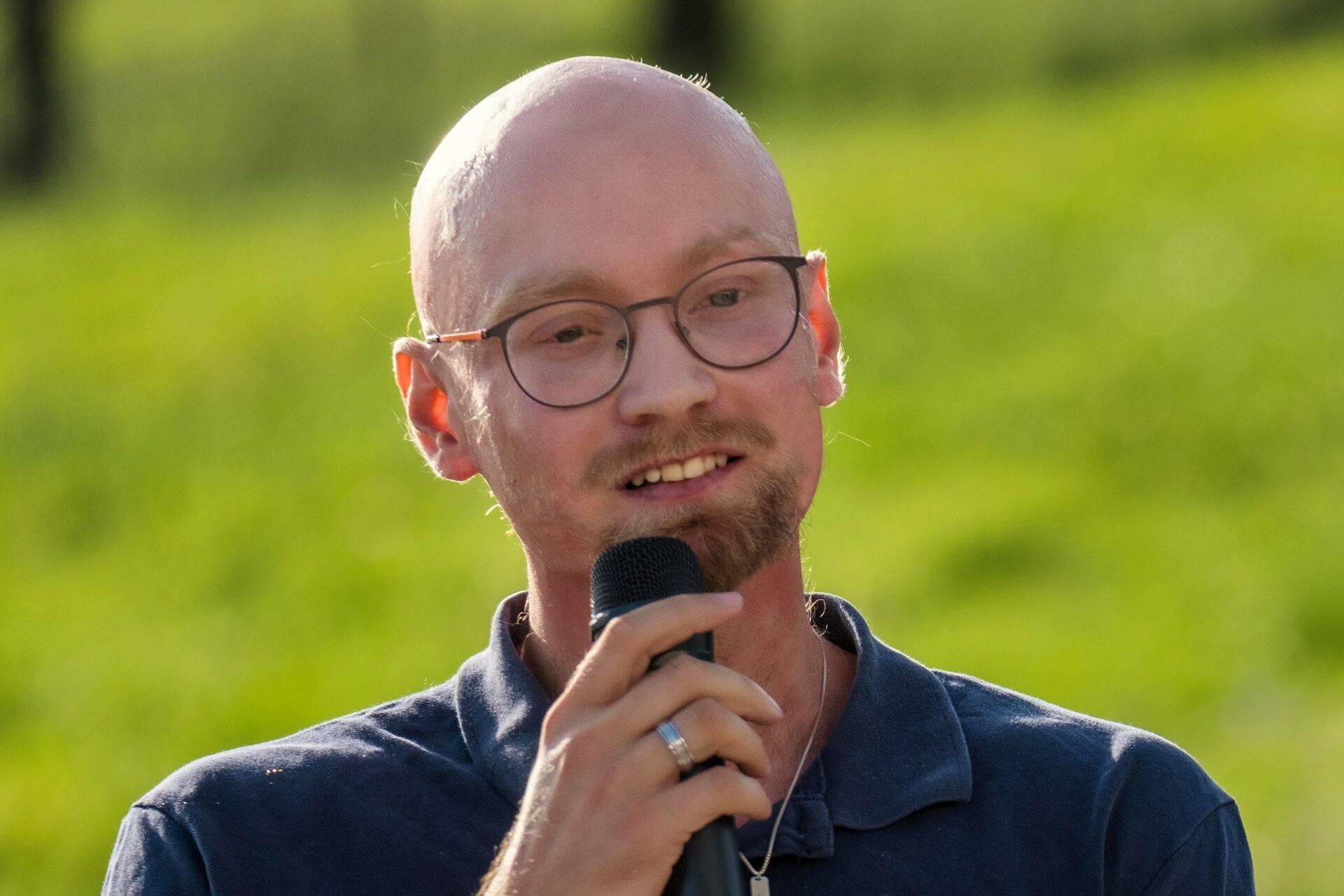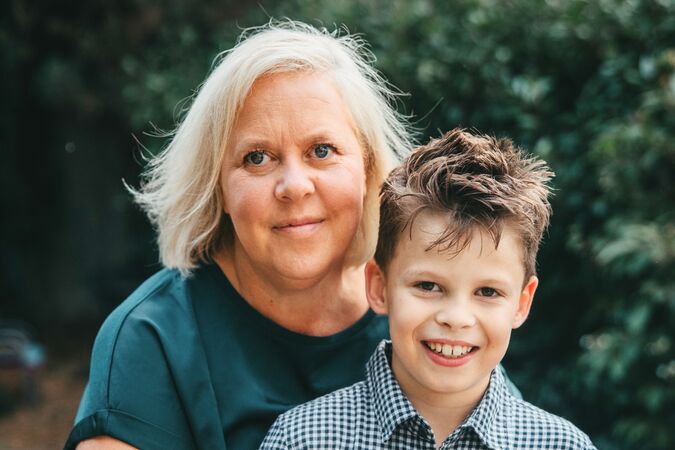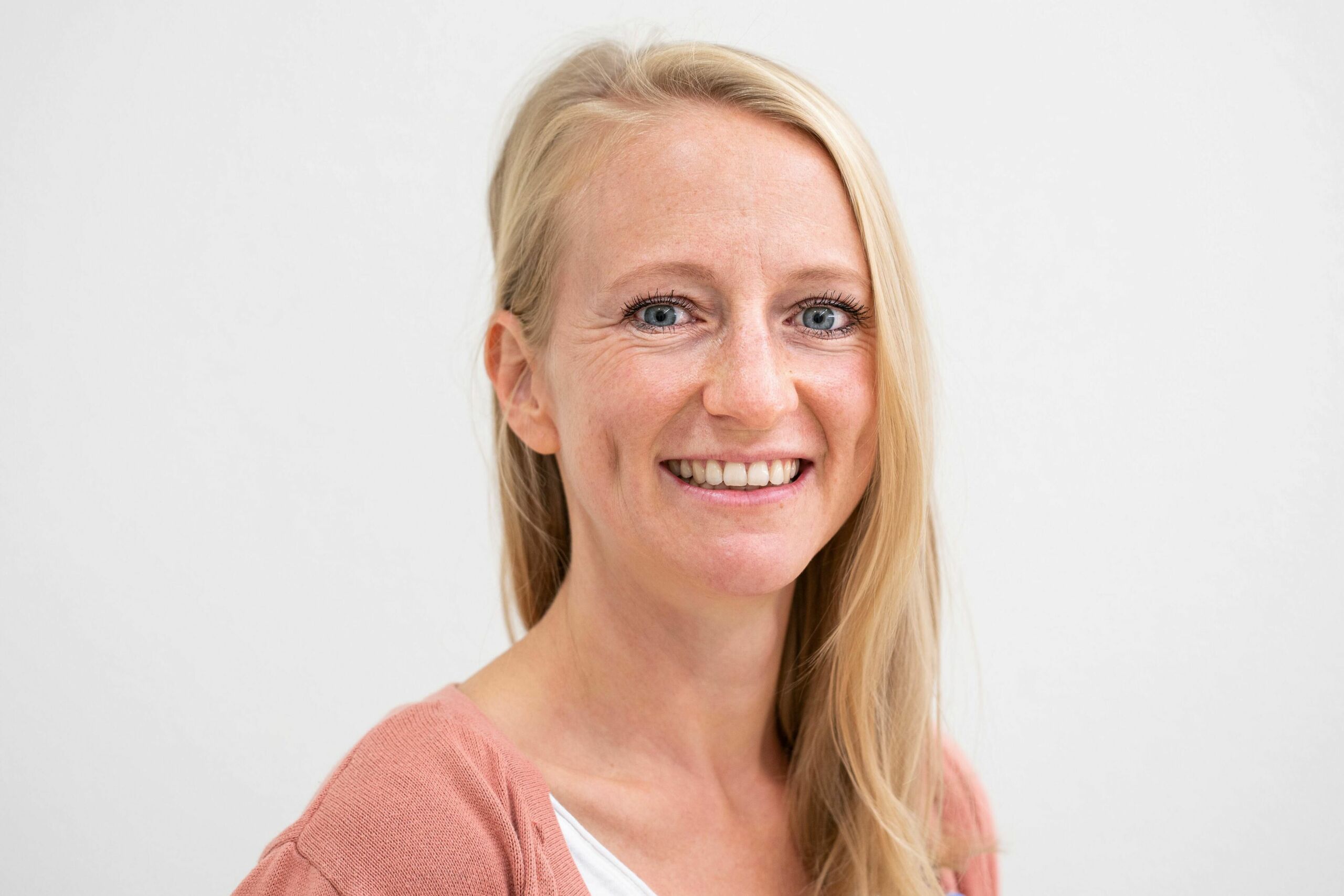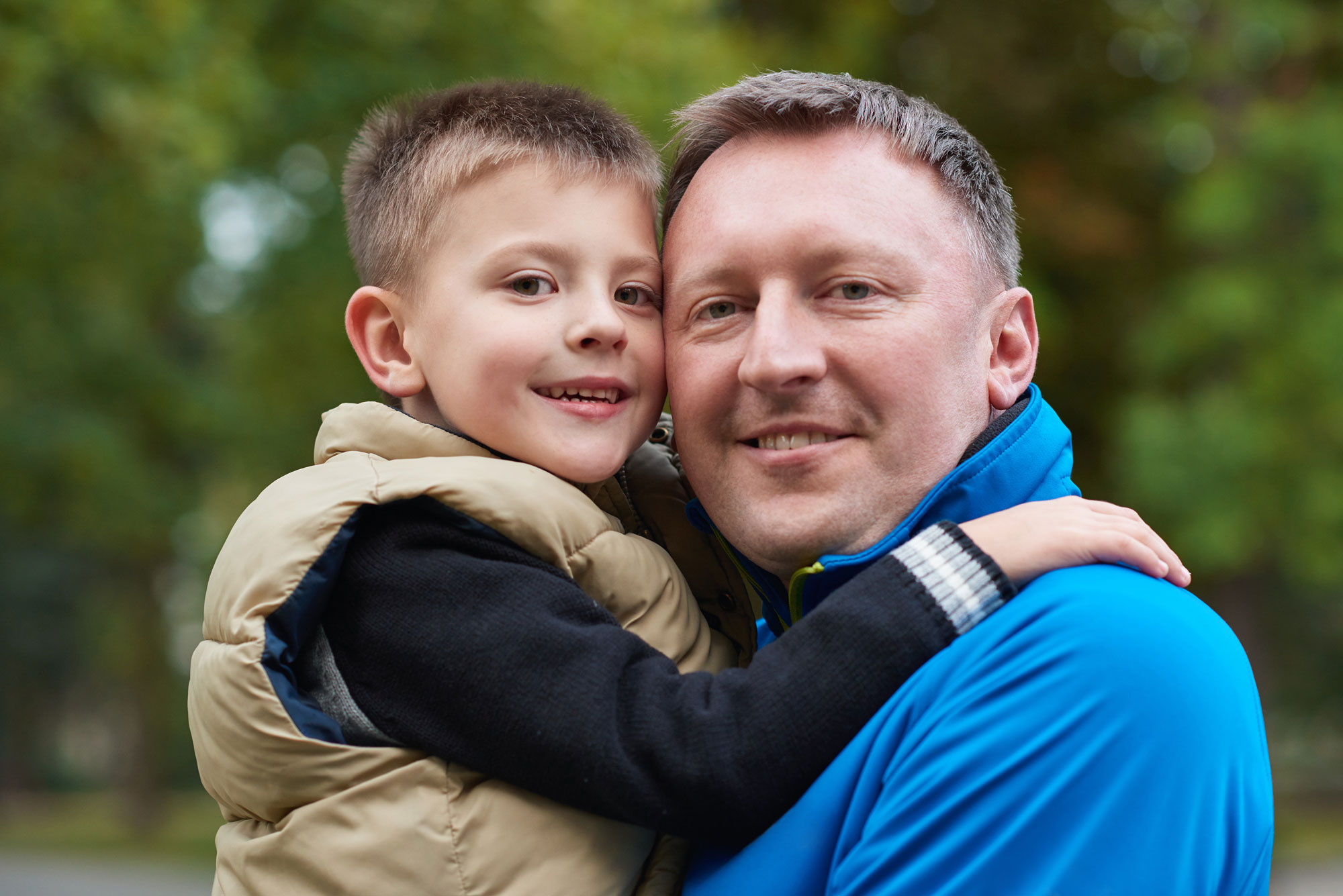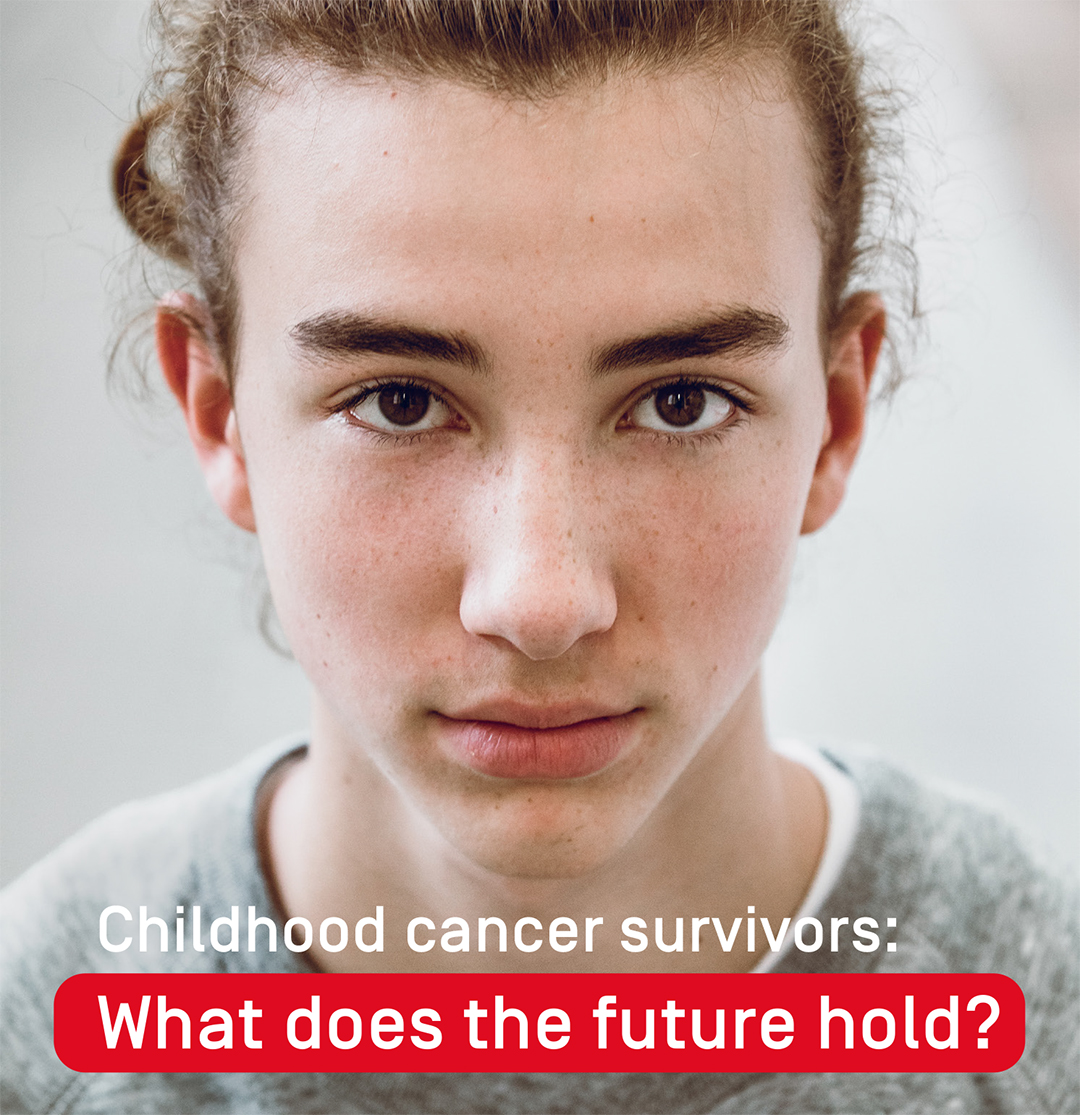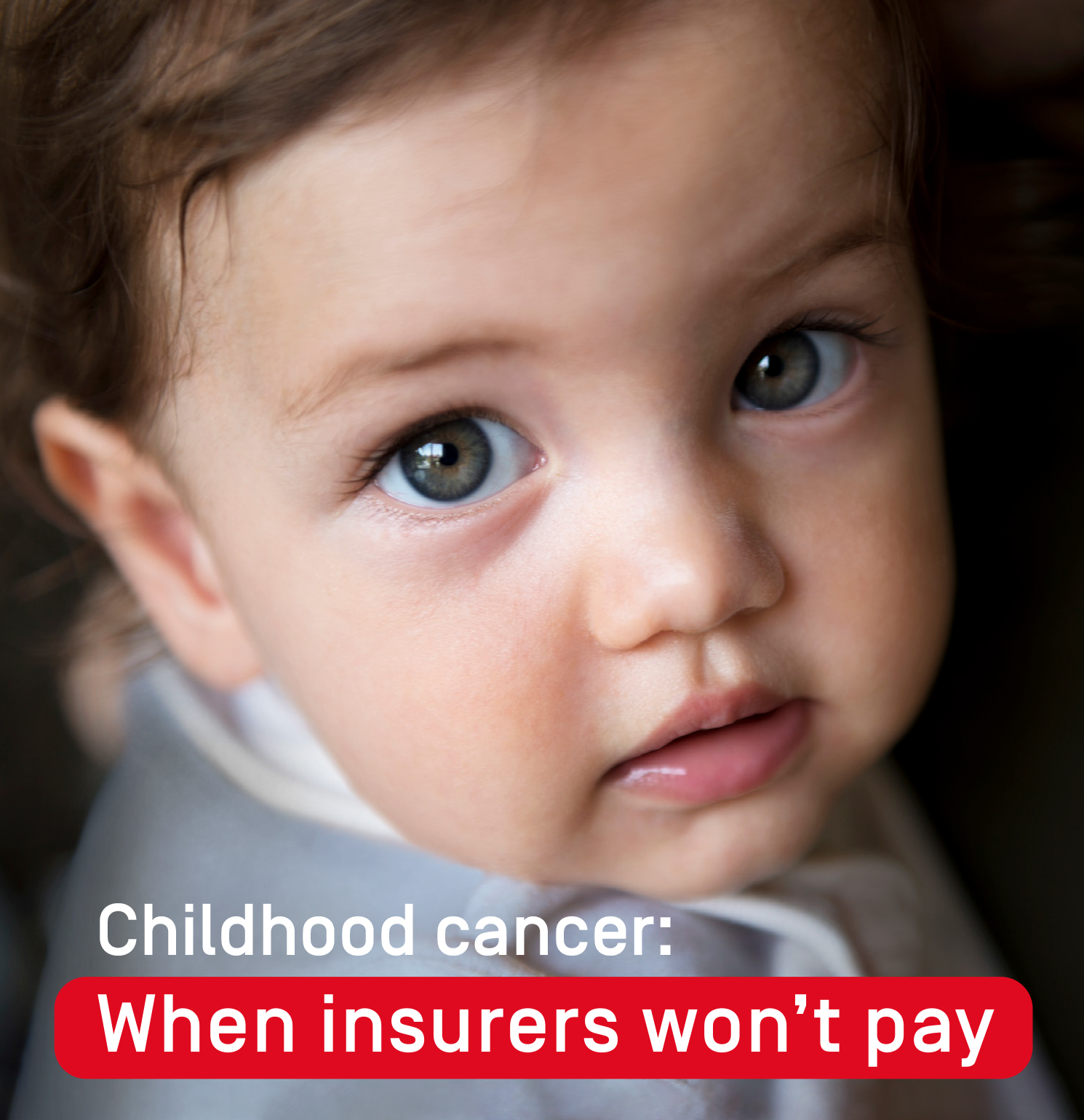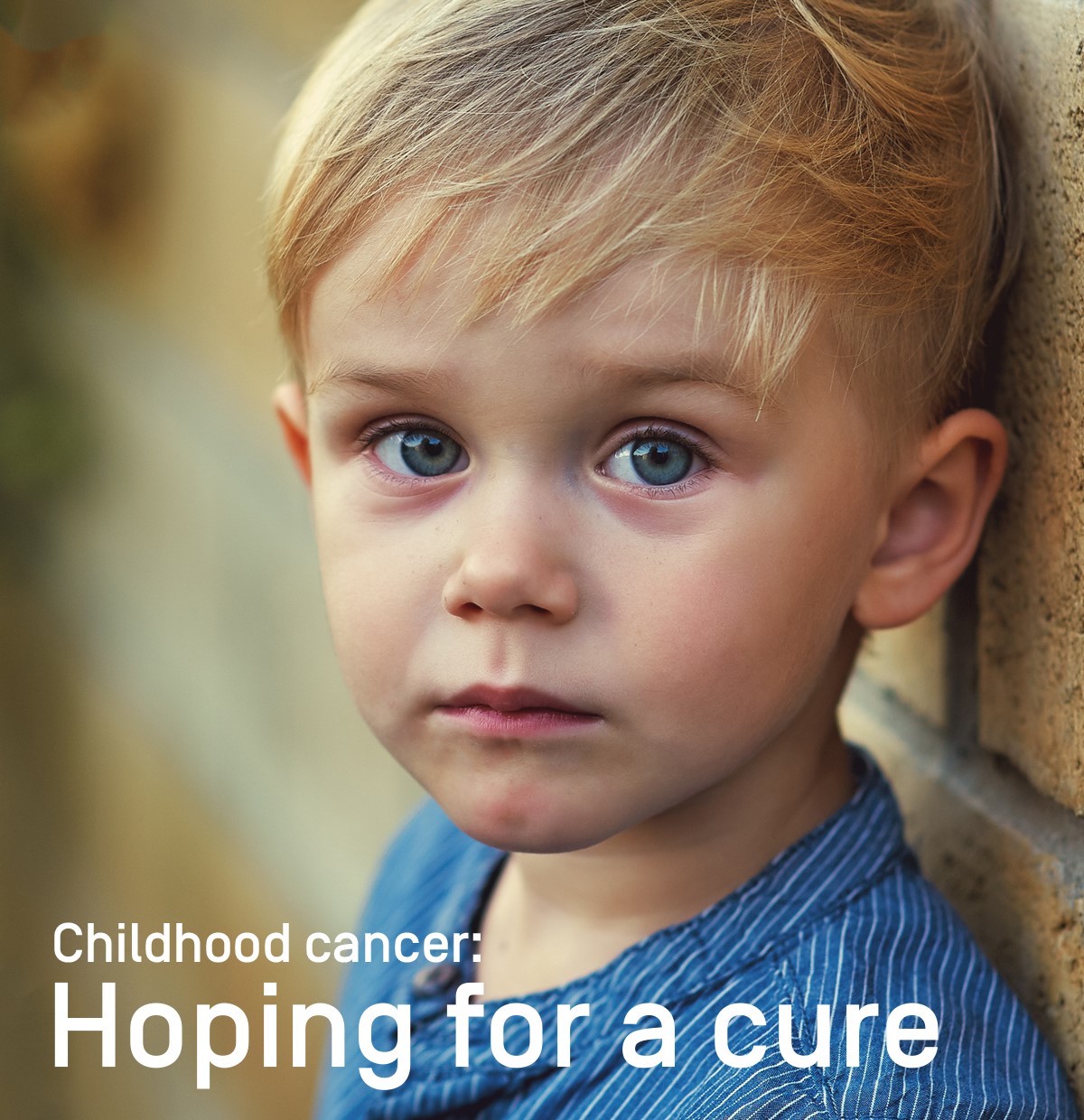In Switzerland, one child or adolescent is diagnosed with cancer almost every day. The life-threatening diagnosis and subsequent therapy place an immense physical and emotional burden on the young people and their environment. Even though the chances of recovery are now good, the disease and intensive treatment often give rise to late effects that can have an impact on the physical and psychosocial health of survivors. A large proportion of childhood cancer patients are confronted with the disease while they are at school or in training. This is a time when children and adolescents are setting the course for their future, a time when they choose certain educational paths, a time when their self-esteem is built up and friendships are made – all things that have a decisive effect on the development of personality, especially in young people. Because the disease can have not only physical and mental but also psychosocial effects, reintegrating these young people back into school is of immense importance.
“I often felt very lonely”
Raphaël Salomon, former leukaemia patient and initiator of a school project that supports children with cancer
School as an important pillar
School is much more than a place for imparting knowledge. It stands for everyday life and normality and promotes personality development, and is therefore all the more important for children and adolescents with cancer. This is because continuing to go to school in familiar surroundings can give them a sense of stability and belonging during this extremely difficult time, give them hope for life after cancer and thus have a positive effect on their mental well-being and the recovery process. International studies therefore emphasise the importance of reintegrating young cancer patients into everyday school life as early as possible. This ensures, on the one hand, that gaps in knowledge do not become too large and, on the other, that important social contacts with classmates are maintained. Not being able to reintegrate a young person successfully can result in school careers having to be abandoned, career aspirations being left unfulfilled and an increase in the possibility of psychosocial consequences such as anxiety, depression and loneliness. That is why so many of these young people long for some normality they can immerse themselves in and perhaps forget the illness for a moment. School and the familiar social network of peers are an important support.
Lessons during and after therapy
For the children and adolescents concerned, being diagnosed with cancer is the beginning of long-lasting and very stressful therapy with an uncertain outcome. In the case of leukaemia, for example, the most common type of cancer in this age group, the chances of being cured are now very good. However, the treatment phase extends over an average of two years, with inpatient and outpatient hospital stays. Not only the physical effects of the therapy, such as exhaustion, nausea and pain, but also the numerous treatment sessions and check-ups lead to frequent absences, which makes learning in the school environment difficult. In the early stages of the disease, there is usually a great deal of understanding for the affected child. But despite the high personal commitment of individual teachers, there is often a lack of knowledge about the disease, educational tools and resources. And even after successful treatment, integration can prove difficult. This is because in two-thirds of cases, the disease and therapy leave behind late effects, which sometimes do not appear until years later. Their type, frequency and severity depend on a range of factors and vary greatly. In terms of school, it is mainly the cognitive, emotional or social late effects, such as problems in the area of perception, concentration and memory or chronic fatigue, that can make learning difficult. As there are no binding rules for the whole of Switzerland on what form school support for children with serious or chronic illnesses has to take, there are considerable cantonal and regional differences.
“The school just wasn’t interested in Oscar’s late effects”
Camilla Adby, mother of a survivor
Keeping in touch and avoiding gaps
In the acute phase, the hospital schools are there to make sure that the young cancer patients continue to be taught and that contact with the local school is maintained. In the intervals between the individual therapy blocks, they are usually at home and can attend classes at their own school. But treatment plans and health conditions do not always allow for continuous school attendance. Unfortunately, online lessons with technical aids, such as a tablet or school robot, which would allow children to follow the lessons in their class, at least for a few hours, have not yet managed to gain widespread acceptance – even though the Corona pandemic demonstrated that a mix of online and hybrid teaching is indeed possible. This is something that affected parents complain about again and again, as it would help their child to avoid getting behind in their work and also not to lose contact with their classmates. This would therefore be of great help in the phases when they have to stay at home in isolation due to the therapies because their immune system is weakened and any infection could be life-threatening.
“Whether integration at school succeeds is chance”
Interview with Barbara Kohler, specialist psychologist in neuropsychology
Teachers play a key role
Even though teachers today are challenged in many ways, their support is essential when it comes to reintegrating a child into school. International studies show how important it is that they know about childhood cancer and the special situation of their student. Thus, teachers who have the necessary knowledge show more understanding and can better adapt their teaching to the affected young person’s specific needs during and after therapy. Trained teachers thus provide the best support, which is why they play a key role in the integration process. Many teachers are very committed and try to help and support as far as they can. In practice, however, there is often a lack of information about the disease, as well as a lack of support and training on dealing with affected pupils. Because the school system is organised differently from canton to canton, there are no uniform guidelines for teachers to follow. Not all children and adolescents with cancer have limited abilities and need special support. However, for those pupils who have special support needs due to the therapy and the late effects, the teachers concerned are faced with a number of challenges. In order to support them, all schools should have appropriate information material as well as targeted training offers, educational tools and there should generally be closer cooperation between all those involved.
“Losing contact with school can lead to difficulties”
Interview (in German) with Fausto Moser* affected father
Equal education opportunities
Although children with special needs have a fundamental right to adequate, individual support, parents and children often feel left alone with their problems in everyday school life. For example, they do not always know what rights they have and who they have to contact if their child has special needs or requires compensation for a specific disadvantage. This is particularly evident in former brain tumour patients. While these often struggle with cognitive impairments, they are not necessarily limited in intelligence. Thus, the extent to which the right to education is implemented in reality depends, on the one hand, on the canton, and, on the other, on the commitment of those responsible on the ground. Together with their parents, many of the children and adolescents affected by cancer, who struggle with school difficulties, would like to see a fairer school system. A system that meets their needs with acceptance and understanding, that does not exclude but includes them, and gives them equal access to the best possible educational opportunities.
Our commitment
Childhood Cancer Switzerland advocates for those affected and their families at various levels. For example, since 2021 the umbrella organisation has been offering free initial legal consultations in cooperation with Procap. These can also help with school-related issues in connection with childhood cancer. In 2017, a national Survivors’ Centre for former childhood cancer patients (survivors) was set up to provide information, advice and support to those affected. At the same time, the Survivors’ Centre is involved in international networks to improve follow-up care and organises events for survivors. Their parents can find out about important topics, exchange information and network within the framework of professionally supervised workshops. Furthermore, Childhood Cancer Switzerland supports various research projects, such as the “Swiss Childhood Cancer Survivor Study”. The long-term study not only focuses on the physical late effects, but also examines psychosocial problems, including those that can occur in everyday school life. The knowledge will help to improve the quality of life of former and future patients long term. A more recent project of the umbrella organisation is a digital information platform on the topic of childhood cancer. The offer is directed at those affected, relatives and interested parties. This may include teachers who would like to learn about the disease and its impact on different areas of the lives of those affected. In addition, at the request of parents, some of the member organisations of Childhood Cancer Switzerland also mediate in school-related problems when difficulties arise in communicating with the school.
